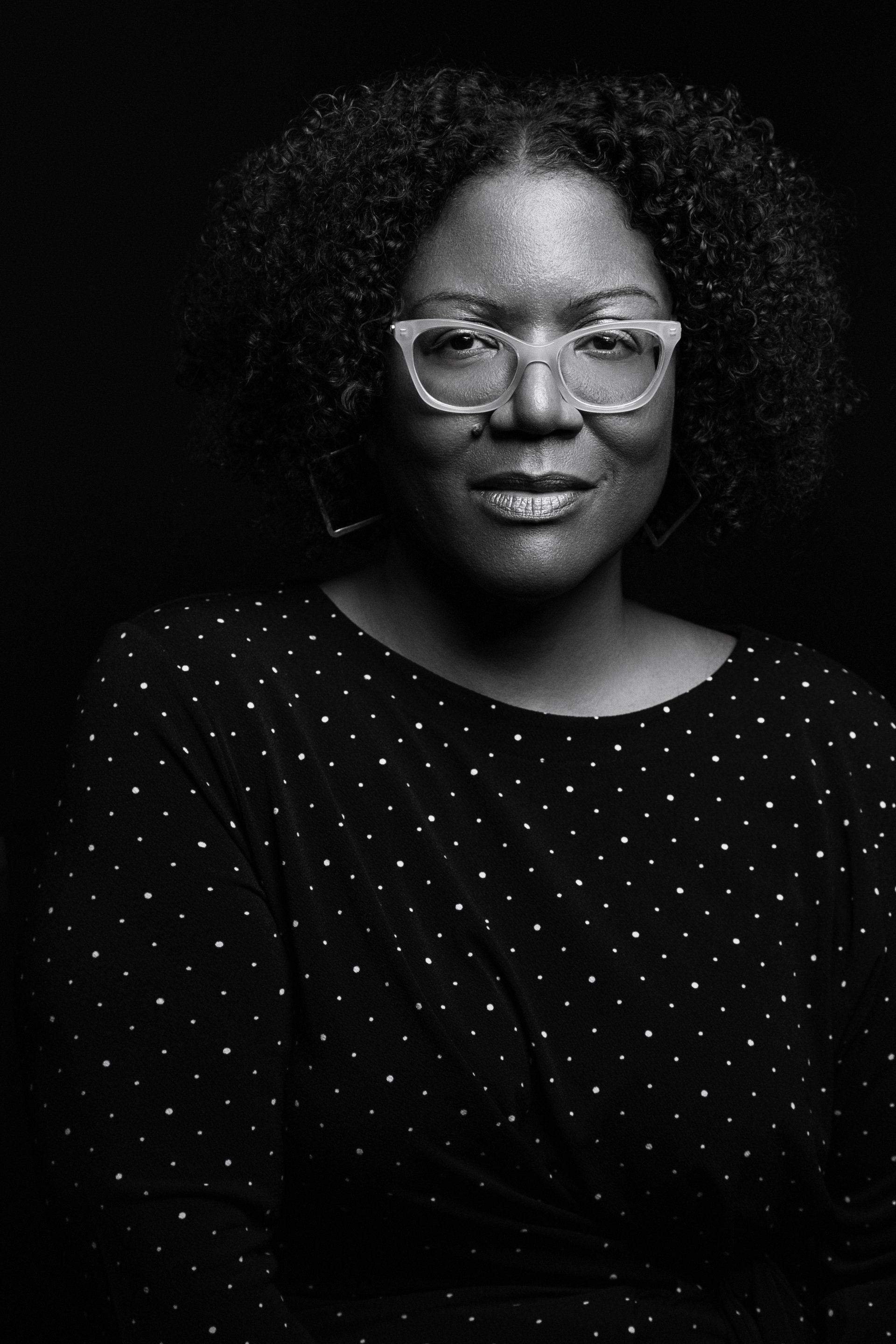Isabell*
Like any love should be,
hers was touch and never leave.
Some arguments and tears with Antoney,
her husband, but no freedom.
They were tied, a curt blessing
in that era of dark skin and kin.
Separations would occur soon enough,
but they had to band together,
this woman and her man who might
have come on a ship with eighteen others.
Isabell cooked for him from flesh
he trapped or caught.
They might have looked at the entrails
of his prey to decipher
what the day had been,
back home in Africa.
What would the drums say?
Was it a feast time?
Was their village in the same spot?
When their son was born, Isabell
probably kept him away
from others for several days.
That night, when the necessary
seclusion was done, Antoney
would have shaved the baby’s
head and spat in his ear.
Tapped a foot on the floor,
told an unforgotten story.
And then, Isabell put the baby
to her breast and sang,
Your name is William here,
but Mother calls you
something else,
something old in secret.
*The first recorded intact African family in seventeenth-century Virginia were three enslaved servants of one Captain William Tucker: Antoney, Isabell, and “William theire Child Baptised.”
Copyright © 2020 Honorée Fanonne Jeffers. From The Age of Phillis (Wesleyan University Press, 2020). Used with permission of the author.

